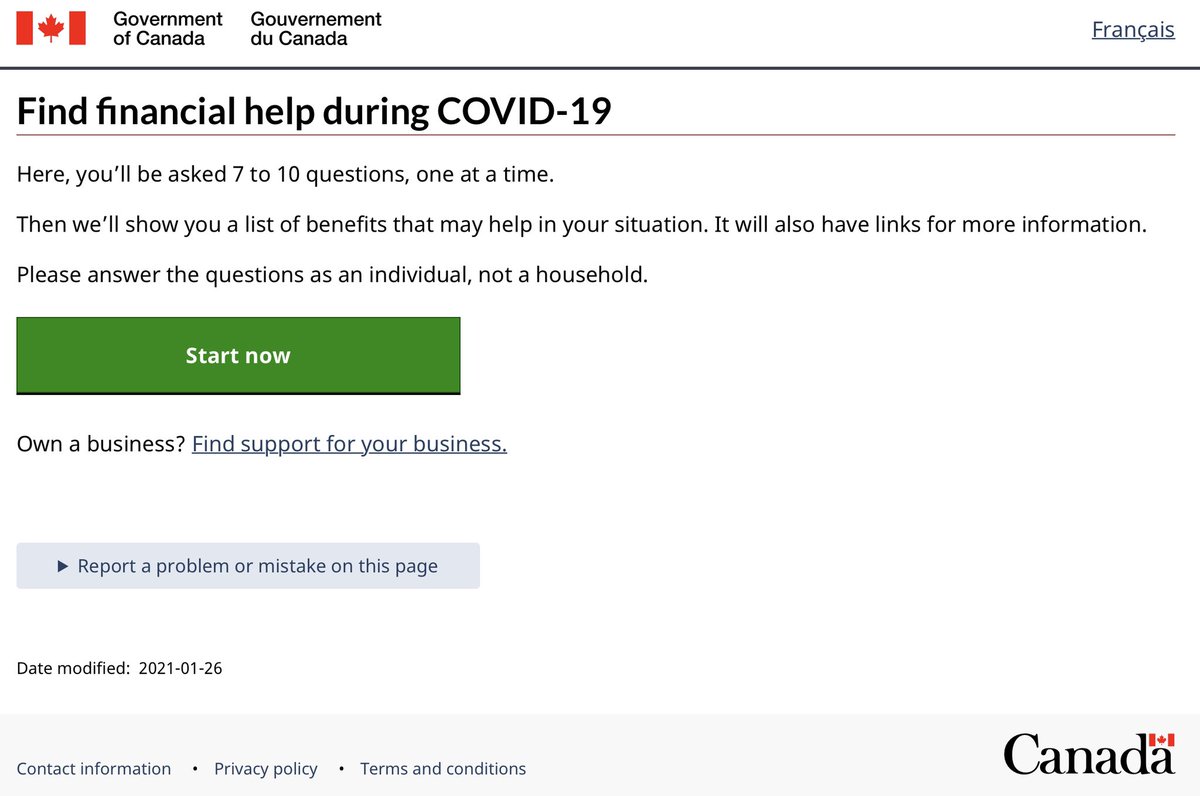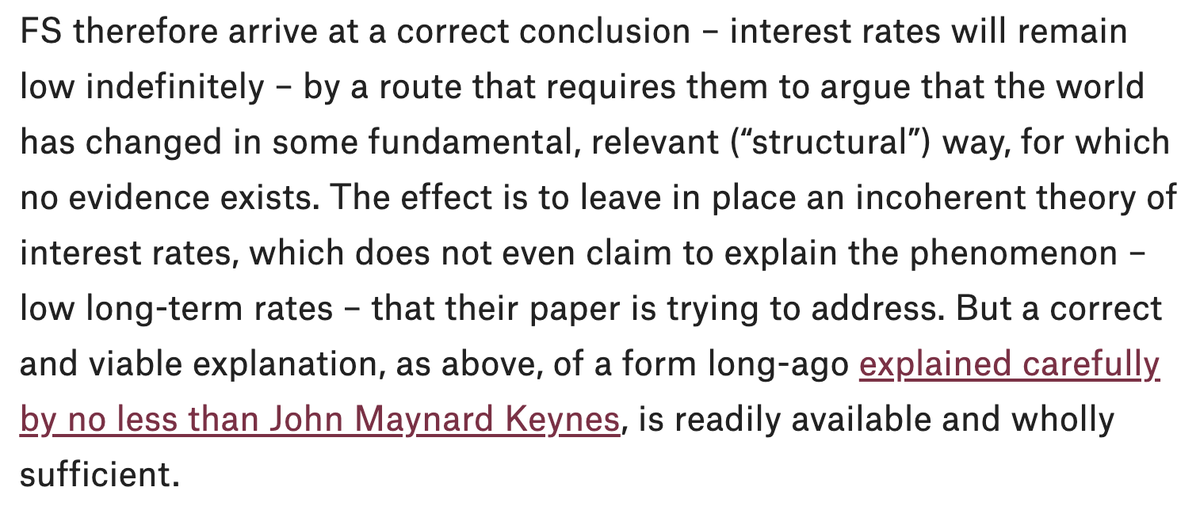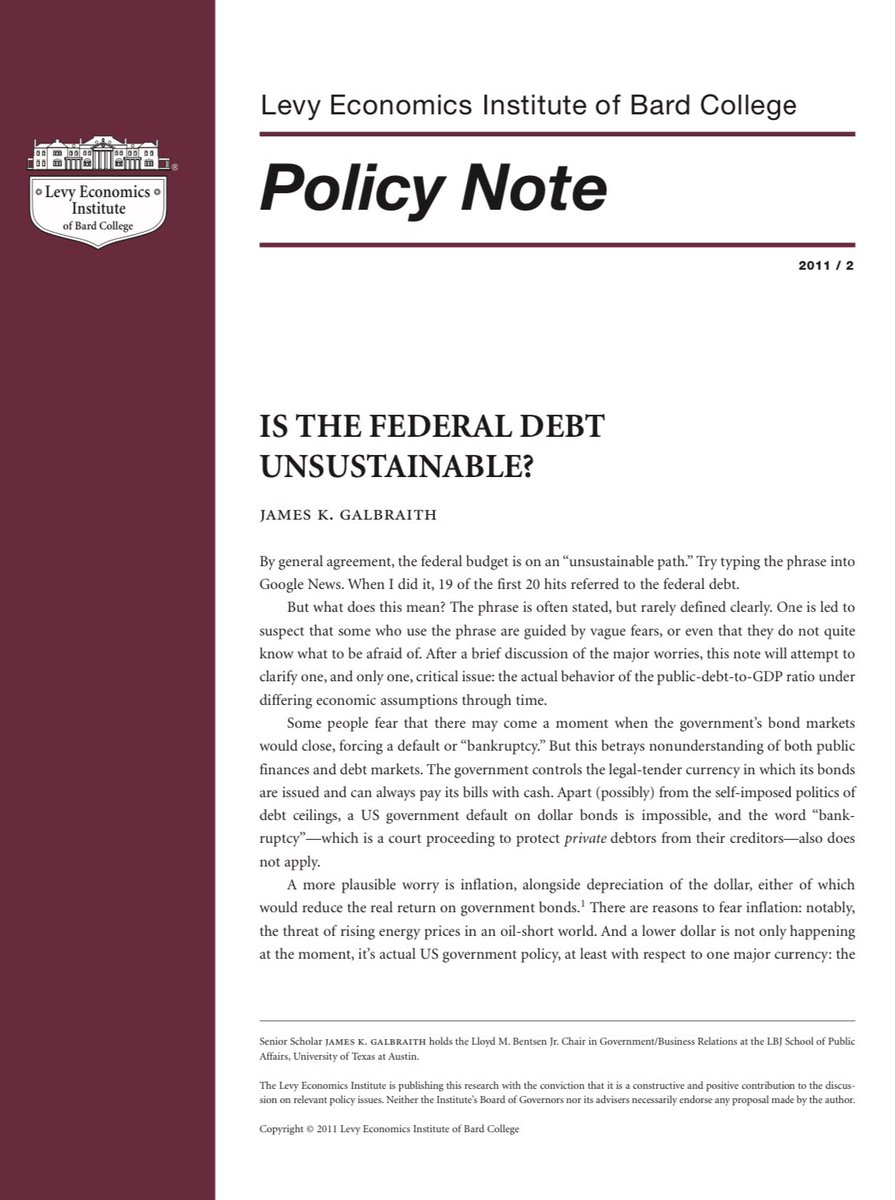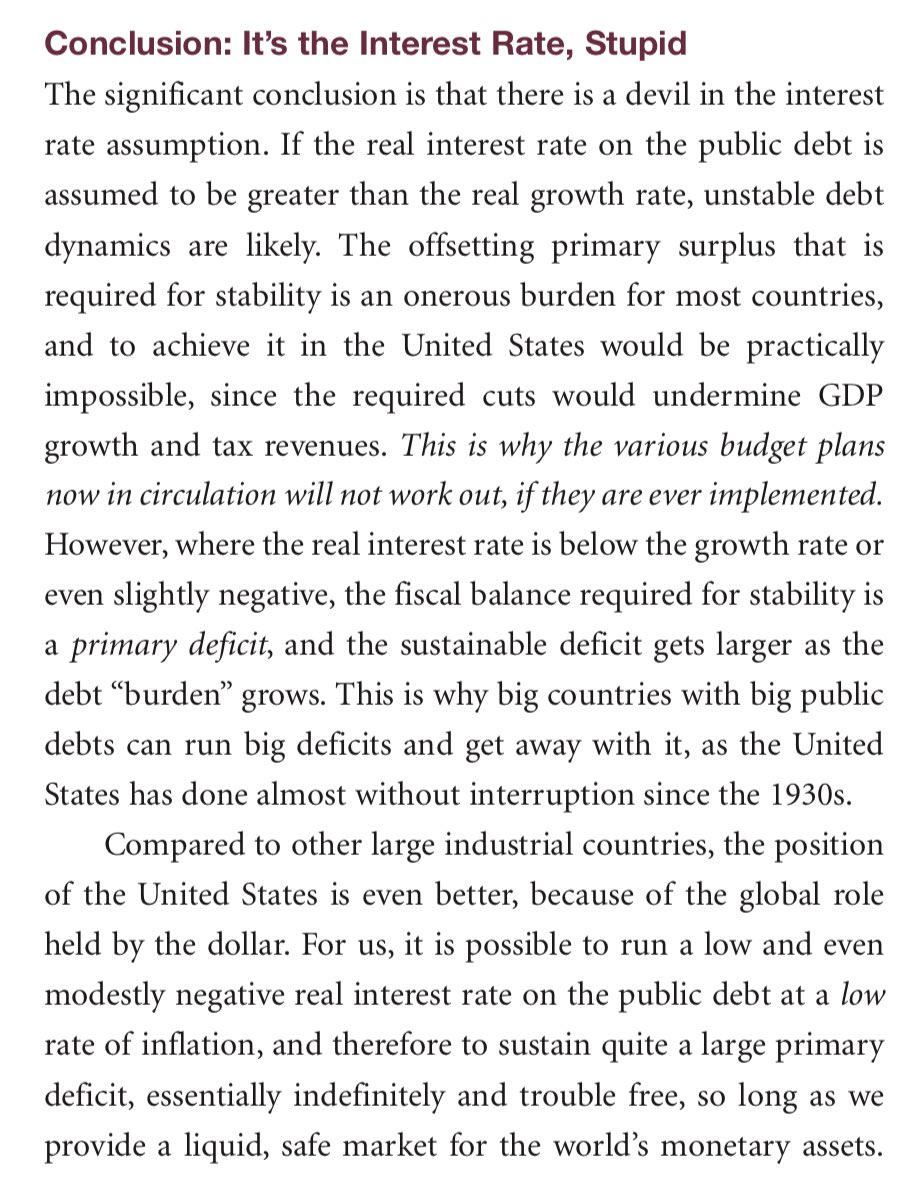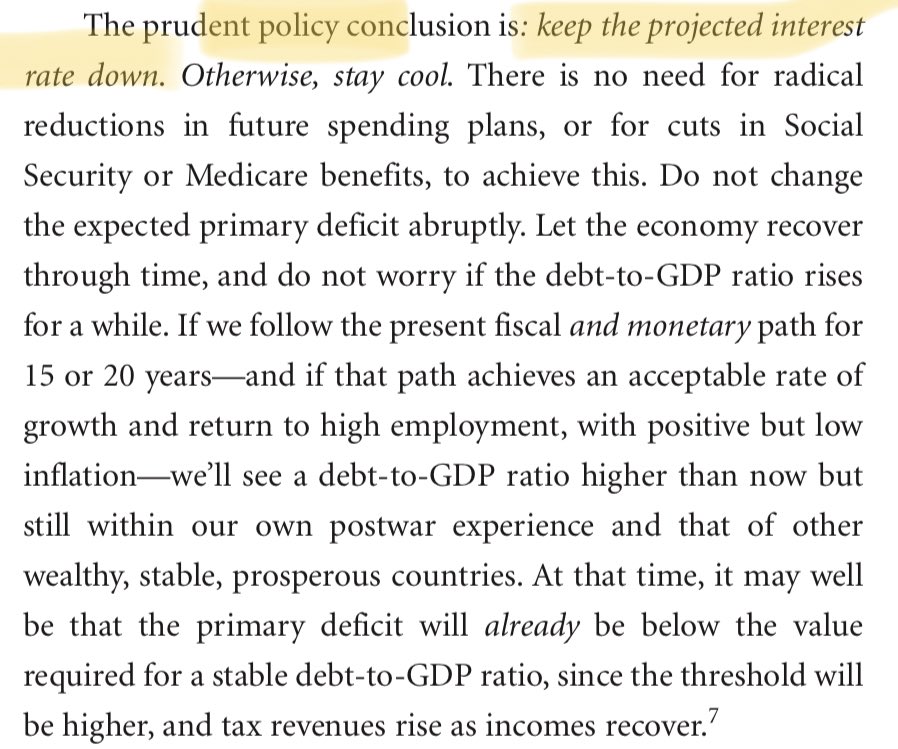
Suppose you grew up in Sioux Falls, SD. Your family didn’t have a lot of money. You never thought about public vs. private as you contemplated your options in high-school. You just knew you wanted to go to college. 1/8 

You considered three options. (1) South Dakota State Univ, which is 70 miles north in Brookings, (2) University of South Dakota, which is 70 miles south in Vermillion, (3) Augustana University, which is right there in your hometown of Sioux Falls. 2/8
Augustana is private. SDSU and USD are public. You never gave a moment’s thought to any of this. Your family didn’t have a lot of money, so you received a fairly generous financial aid package from Augustana. 3/8
Tuition at the public schools was lower, but it would have ultimately cost more to attend SDSU or USD because of room & board. You decided to live at home and go to Augustana. 4/8
You graduated in 2008 with $40k in student loan debt. The job market was lousy (Global Financial Crisis). Eventually, you found work, but you fell behind and missed a few payments. Because of fees & penalties, you now owe $65k. 5/8
You just heard that the federal government is considering cancelling some student loan debt for people who attended a private college or university. You race to the computer and Google “Is Augustana University public or private?” 6/8
Noooooo! You had the misfortune of attending one of the hundreds of small, private colleges that serve rich and poor kids alike in big cities and small towns across America. For that “sin,” you’re not eligible for debt relief. 7/8
It drives me absolutely crazy to hear politicians talk about cancelling debt “for those who went to public colleges and universities.” It’s bad enough that we’re talking about means-testing cancellation, let’s not public-private test relief as well. 8/8
The above tweet (6/8) should state, “You just heard that the federal government is considering cancelling some student loan debt for people who attended a PUBLIC college or university.”
The above tweet (6/8) should state, “You just heard that the federal government is considering cancelling some student loan debt for people who attended a PUBLIC college or university.”
• • •
Missing some Tweet in this thread? You can try to
force a refresh

